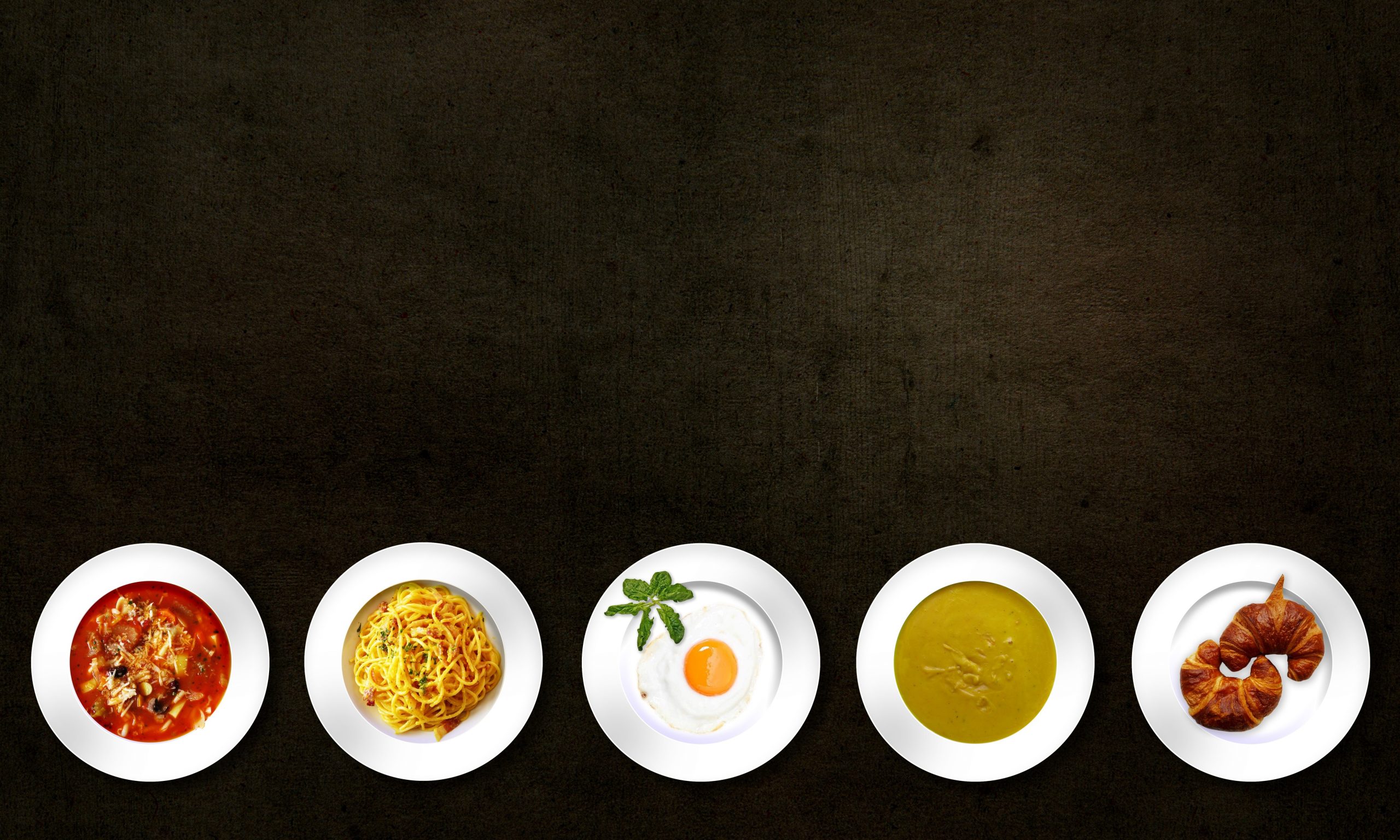
A recent survey has also revealed how many meals Hungarians eat a day and if they follow any diet.Continue reading
Pick’s Original Wintersalami is one of Hungary’s trademarks, but the well-liked product is coming with a high price tag in some places. There have been several reports recently that the famous salami is cheaper abroad than in Hungary, which has caused a lot of outrage. The matter has now been investigated by Hungarian news site Pénzcentrum, who asked the producer itself about the price differences.
Pick Wintersalami is a premium quality smoked, matured salami made from natural ingredients, with a unique, classic seasoning, and a white noble, mold coating. The product was made a Hungarikum in 2014, meaning that it has a value worthy of distinction and highlighting, and with its characteristic features, uniqueness, distinctiveness, and quality, it is the peak achievement of Hungarianism.
Last October, Pénzcentrum reported that while the price of a kilogram of Pick Wintersalami in a German shop was 6,800 forints (EUR 17.25), in Hungary it was 9,700 forints (EUR 24.60). The difference is huge, while it is important to note that the product is produced in Hungary, so it would be logical to conclude that Hungarian shops offer it at a lower price.
Then last weekend, one of the biggest commercial channels, RTL, did a report in its program ‘Fókusz.’ In it, a Hungarian living in Lower Saxony explained how a 250-gram packet of wintersalami in a German shop cost 2,254 forints (EUR 5.70), converted at the euro exchange rate of 390 forints, while in Hungary the same product is typically around 3,500-4,000 forints (EUR 8.90-10.10).
But what is behind the significant price difference? Pénzcentrum asked Pick Szeged Zrt, Hungarian producer the salami, about this, and the answer shed some light on a few things. Firstly, there are several types of salami on the market under the Pick brand name, the prices of which, like the ingredients, are not identical. For this reason, it is easy to make the mistake of trying to compare products of different quality.
Prices depend on the maturing time and the composition, as well as the flavoring – for example, salami with paprika seasoning is cheaper. It is also a typical mistake to compare not the original Pick Wintersalamis to each other, but an original one to the Rákóczi salami, which is also sold under the Pick brand, but is a totally different and cheaper product.
Pick Szeged also pointed out that the biggest difference in prices is caused by the VAT rates in effect.
While the VAT on products is seven percent in Germany and 10 percent in Austria, it is 27 percent in Hungary. In addition, there are countries where traders can sell products below the purchase price to attract customers to their shops. In Hungary, however, this behavior is prohibited by law, and Pick Szeged has no influence as the manufacturer on the prices retailers set for consumers.
The price of wintersalami is influenced by many factors, including the cost price of the product, logistics costs, the margin applied by retailers and the taxes on the products, according to the manufacturer. Pick Szeged also told Pénzcentrum that the price of live pigs has risen by almost 80 percent in a year, which is reflected in the price of the meat they use for their salami.
All in all, as we can see there are many factors behind the fact that a Hungarian product is more expensive in a foreign shop. It is also important to note that in Hungary, as elsewhere in Europe, inflation is high, which can also increase the price of products.
Featured photo via Facebook/Pick Ízközösség